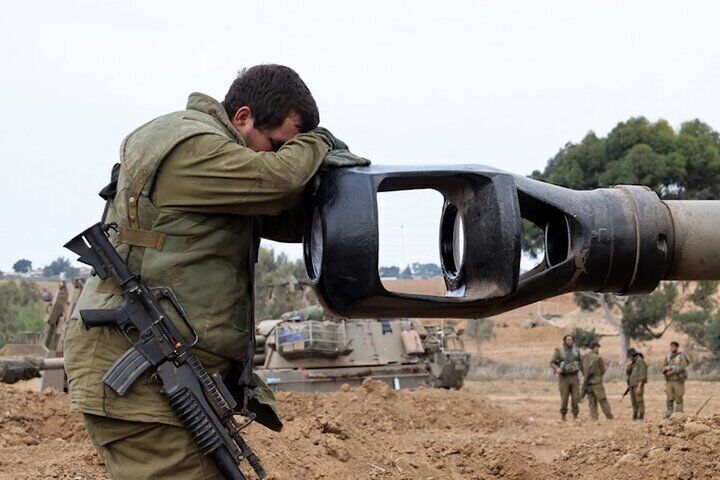In an interview with the website of the Strategic Council on Foreign Relations, Saber Gol Anbari stressed that it was clear from the first day of the war that the objective defined for this war by the Zionist regime for the destruction of Hamas does not seem realistic, adding: Hamas, in addition to the three geographies of the Gaza Strip, West Bank, and Quds, has an active presence outside of Palestine among the Palestinian refugees. Even assuming that the declared objective of the regime is realized, which is highly unlikely, such an objective still cannot mean the removal of that movement from the sphere of Palestinian politics.
He considered the destruction of Hamas in the Gaza Strip as being impossible due to several reasons, including the background and the broad social and popular depth of Hamas in this region, its particular situation, the experience of four previous wars in the past 16 years and the particular structure of Hamas, and said: Hamas and the Zionist regime From 1987 up to today, have always been in war and conflict, and the generation of the founder of Hamas have almost been assassinated or passed away; but this did not weaken the group and in these 36 years, it has appeared stronger day by day. This issue is also due to the background and social depth that Hamas enjoys.
Gol Anbari, reminding that since 2007, when Gaza fell to Hamas, in 2008, 2009, 2012, 2014, and 2021, we have witnessed five major wars, the most severe of which, except for the current war, was the 51-day war in 2014; continued: However, in every war, Hamas has appeared stronger and more capable than the previous war, and the October 7 attack after 17 years of severe siege proves this claim. Even though the Zionist regime, at the beginning of those wars, was less clear than today, it raised the objective of destroying Hamas but has not been successful.
He cited the specific situation of the Gaza Strip as one of the other factors that make it challenging to confront Hamas and stated Because the smooth and flat geography of the Gaza Strip was the Achilles heel of the Resistance forces from the military point of view, Hamas, to compensate for this shortcoming, from about 18 years ago, seriously raised the issue of tunnels and transferred the military weight of the Resistance to the underground. Due to the existence of those 500 km long tunnels in the 365 km sub-zone of the Gaza Strip, we are facing another Gaza Strip.
Gol Anbari said: In such a situation, it is tough for the Zionist regime to destroy the 40,000 to 50,000 military forces that are in the tunnel network. Such conditions require a war that will last at least 2 to 3 years for the Zionist regime to occupy the entire Gaza Strip. Such a thing is not possible for the Zionist regime.
This expert on West Asia affairs clarified: Although the Zionist regime has a high power of destruction and fire, after more than two months of the war, it has not yet been able to occupy the northern region of the Gaza Strip fully. About 20 to 30 percent of the north of the Gaza Strip, which is mostly open and agricultural areas and part of the residential areas, has been occupied by the Zionist regime, and they have infiltrated the residential areas around the northern Gaza Strip.
He explained: Although the distance between Gaza City and the border is about three kilometers, the Zionist regime has not been able yet to control Gaza City in the north of the Gaza Strip. To this day, in “Beit Lahia” and “Beit Hanoun,” which were occupied since the first day of the ground attack, Hamas operations continue, and they are still publishing pictures. This shows that although the Zionist regime announced not long ago that it had taken control of the northern part of Gaza, this area is still not under the control of the Zionist regime.
Remembering that after two months of the Zionist regime’s attacks in the north of Gaza, we are also witnessing rocket attacks on Tel Aviv from that area, Gol Anbari added: The Zionist regime has not yet entered into more densely populated areas such as “Jabalia,” “Al-Shati” and “Gaza,” which is the main base of Hamas and could not capture those areas. Even during the 7-day ceasefire, it left some areas it had entered before!
The analyst of international affairs said Hamas forces handed over several hostages to the Red Cross in Palestine Square in Gaza City, a square that the Zionist regime entered through tanks but could not settle and retreated. Therefore, the fact that the Zionist regime has not been able to capture the northern region of the Gaza Strip, which has less depth and width, after about 60 days, shows how much the Zionist regime is facing operational and ground problems.










0 Comments